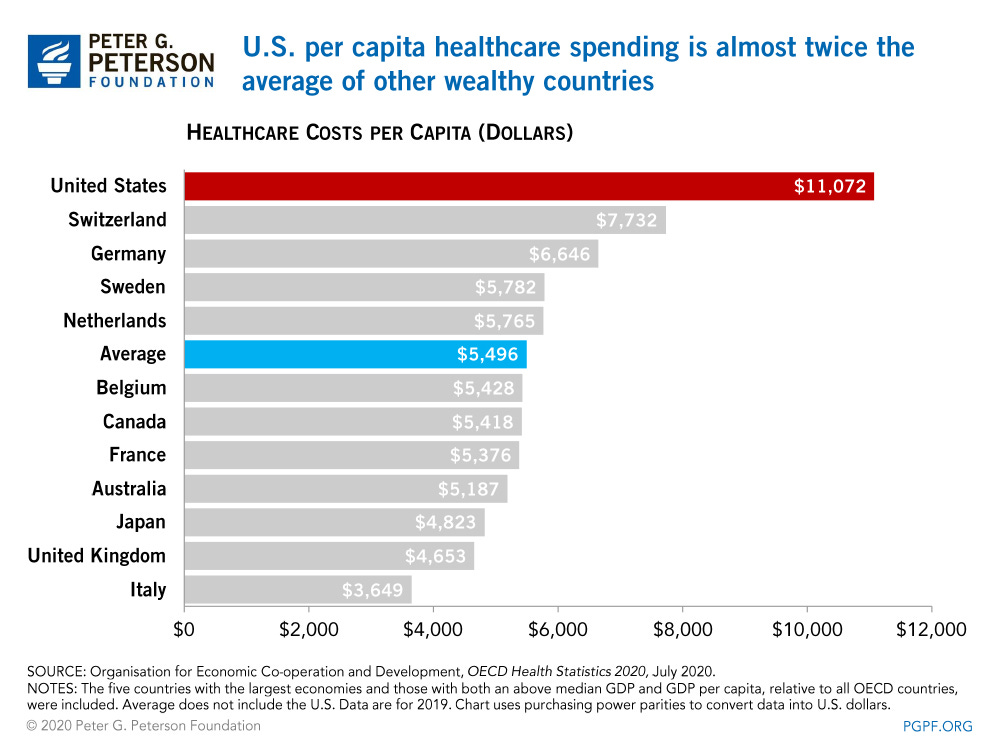One of the most intense debates on The Left is over worker cooperatives and the role they play in building Socialism. Known as “co-ops,” these private businesses are owned and democratically controlled by their workers, as opposed to traditional capitalist companies where the owner(s) make absolute decisions.
Because co-ops don’t have an owner to claim the profit of worker surplus-value, these businesses empower workers to “the full fruit of their labor.” They can vote to invest their profits back into the business, or elect to take them home. With co-ops in an array of industries from banking, to housing, to groceries, this is a proven business model that is becoming more and more common.
As co-ops are quite literally “workers controlling the means of production,” many on The Left point to them as a way to enact Socialism inside a predominantly-Capitalist economy. Others claim that while co-ops are preferable to Capitalist corporations, Socialism must be a state-wide endeavor. Under this premise, co-ops cannot be Socialist as they exist inside Capitalism and are a form of private ownership of capital.
So, are co-ops Socialist? Let’s explore.
The Transition Phase
Socialism is the transition period of human development between Capitalism and Communism.
“The goal of Socialism is Communism.” - Vladimir Lenin
If Capitalism is (in the words of Albert Einstein) the “predatory phase of human development,” and Communism is a post-scarcity, Star Trek-style utopia, then Socialism is the bridge between the two. Marx was vague about what Socialism (he called it “Low Communism”) would actually look like, leaving the modern Left without a clear answer. Fortunately, there are many ways to get from Point A (Capitalism) to Point B (Communism). Co-ops are a useful tool in helping humanity make that journey.
A Useful Tool
Hypothetically, if every American woke up tomorrow dedicated to Socialism, how would the new Socialist Republic of America convert its Capitalist economy into one that eventually led to a post-scarcity utopia?
The first step would be nationalizing monopolies, utilities, and public goods (such as The Case for a National Airline). This means that the Necessities of Life — education, food, water, housing, transportation, energy, etc. — would be guaranteed by the state. The central planning of Necessities is entirely feasible (many nations do it already), yet it will require massive political and social concentration.

During this period, how would we distribute the commodities that are not necessary to life? What about coffee, video games, and all the little Thing-A-Ma-Jiggs and Knick-Knacks that make life easier and more enjoyable? If Sally likes to go snowboarding on Sundays, and Sam likes to go skiing on Saturdays, central planning isn’t going to be an efficient way to get them what they want (at least, not at first).
This is where a cooperative economy (a market economy consisting entirely of co-ops) comes into play. Such an economy would distribute luxuries just as they do know: by voluntary exchange based on personal preference (skiing vs. snowboarding) without the labor exploitation of a Capitalist market society. This would preserve the liberty of infinite personal wants and interests while freeing the state to focus on distributing the Necessities we depend upon to live.

To build the cooperative portion of this hypothetical economy, the government could incorporate an American Workers’ Bank to finance worker buyouts of companies. (I detailed the Workers’ Bank here.) Once private companies have been converted to worker-owned co-ops, this market economy will distribute [skis/video games/coffee/BeyBlades] WITHOUT labor exploitation or authoritarian bosses. Just like they do under Capitalism, consumers can pick and choose which luxuries they’d like to purchase, enabling all of us to live peaceful and joyous lives free from the confines of exploitation and restriction.
The Real World
Back in reality, The United States is not a Socialist Republic. While favorable views of Socialism are ticking up (41%), the ideology is still underwater. Yet, we can still progress towards a more equitable and efficient economy.
As Socialists advocate for the state to guarantee Necessities, we can simultaneously bolster the co-op movement. A national Workers’ Bank would enact change at scale, but co-ops are already being created every day as workers purchase companies through leveraged employee stock ownership plans (ESOPs). And, because an economy of co-ops would eliminate the Capitalist class, co-ops are an effective weapon to diminish Capitalist power as we build support for Socialism.
Are co-ops the end game of Socialism? No. But they’re an effective tool to unite workers, free them from exploitation, and enable a future Socialist government to focus on distributing the Necessities of life without sacrificing the joys we’ve come to know and love.
To learn more, I’ll leave you with this lecture from Economics Professor Richard Wolff. He’s standing in front of a podium, so you know everything he says is true. And don’t forget to share and subscribe to help me grow!






Thanks for the primer! In the games industry, lots of new indie publishers are forming as co-ops. I’d be interested in being part of one.